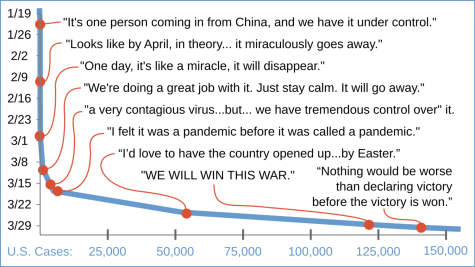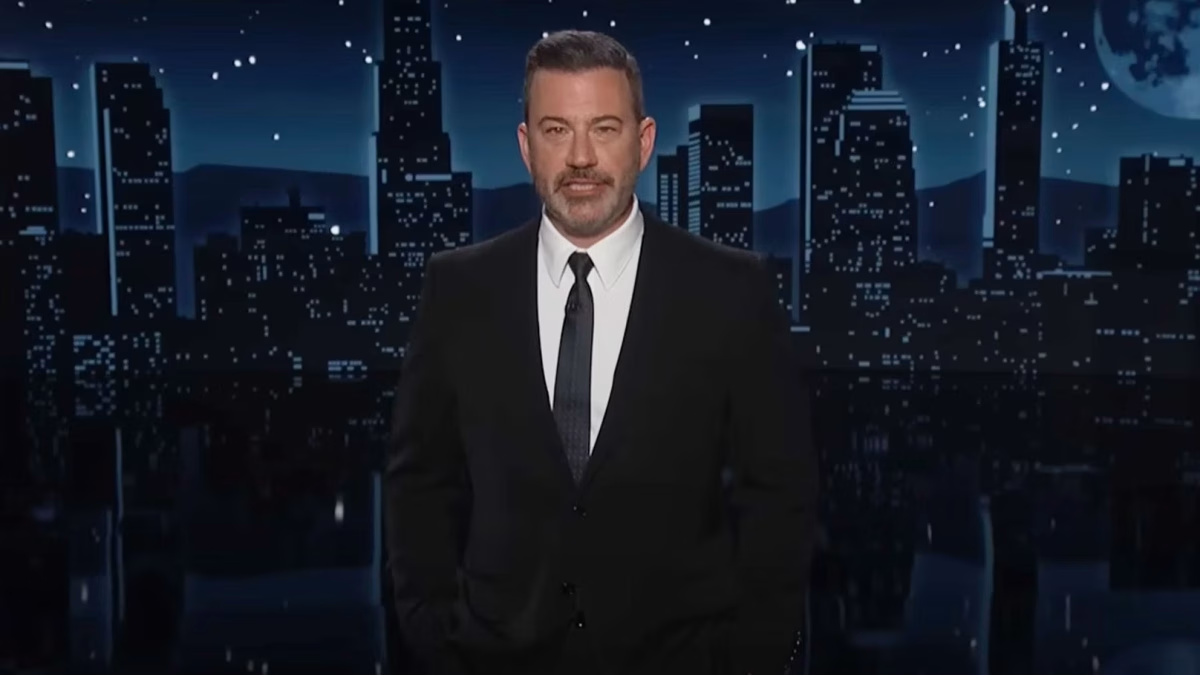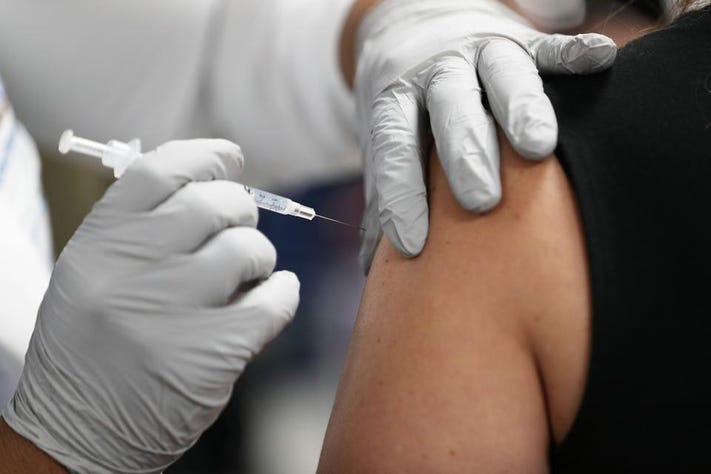Vaccination: Lessons Learned From COVID-19
January 19, 2023
The new year’s arrival also marks three years since the start of COVID-19. The pandemic found its way to the United States in January of 2020. Eventually, the first vaccine was released in late August 2021, and since then, 69.1% of the world population has received at least one dose of the vaccine. But what about the other 30.9%? These may be populations that aren’t eligible to take the vaccine, for example, recently born babies, citizens of impoverished countries, or skeptics who are dubious of vaccines from the start.
Most of the media only shows the extremists; the rowdy anti-vaxxers, the chaotic protests, and the dedicated parents. However, there is an often overlooked group of people called the “moveable middle” who are indecisive about vaccines. This is the group of people whose decisions are most likely to be influenced as most of the anti-vaxxers won’t budge at all. The moveable middle is the passive group; some may or may not end up deciding to get the vaccine. Their decisions may be influenced by their occupation, their political beliefs, their religion, or for more personal reasons. In general, they are not as enthusiastic about the push for vaccination and usually only get it if required.
There are many reasons for refusing a vaccine. One of the common reasons is the lack of communication/access to vaccines. Although vaccine accessibility has inevitably expanded, there are still hurdles in getting people vaccinated. In the past, lack of proper communication from the government and medical agencies has resulted in people speculating that the vaccine isn’t free, or not knowing that the vaccine is available at all. In low-income households, where resources and pharmacies are low, people may not even have adequate transport to vaccine sites.

However, other Americans don’t see the coronavirus as a serious threat. They could be young, seeing that the virus is not as dangerous for them as it is for older people. In addition, they could also be driven by political reasons. In 2021, a poll from PBS (Public Broadcasting System) showed that 41% of Republicans planned to not get the COVID-19 vaccines. Former US president Donald Trump has fueled the spread of conspiracy theories and inaccurate claims, leading to a rise of Republicans who are now reluctant to get vaccinated. In a 2020 White House speech, Trump said, “Now we have tested almost 40 million people. By so doing, we show cases, 99% of which are totally harmless.” Aside from that, some also believe that they don’t need the vaccine because they were previously infected and now have the immunity necessary to protect themselves.
In addition, some people are distrustful of the vaccine itself. Side effects such as headaches, fevers, and fatigue can arise but are mostly trivial and go away fast. Although there have been very rare cases in which some people have fallen sick or have had serious allergic reactions from the COVID-19 vaccine, these cases are few and far between. Some anti-vaxxers have used these extreme cases as an explanation for why the vaccine is dangerous. However, causation does not simply imply correlation. Just because someone got sick after a COVID-19 vaccine, doesn’t necessarily mean the vaccine caused their sickness. Another important thing to note is that many of the hesitant are not well-informed and don’t have much trust in the corporations and agencies surrounding the vaccine. They may believe that the production process for the vaccine was too fast to be credible or their views may be dictated by family members or friends.
There are many solutions to improve the vaccine situation for COVID-19 and other diseases. The situation has taught us that advancements in vaccines have made a big impact in slowing the spread of the disease, along with COVID-19’s effects on an individual. As a starting point, more vaccines could be shipped and deployed to more areas, including low-income communities or countries. Implementing vaccines in more areas such as work offices or certain stores would increase its reachability. To combat conspiracy theories, officials and health agencies could spread awareness about vaccines–whether through the news, social media, or online. For the anti-vaxxer extremists, offering incentives to get the vaccine such as cash or other benefits might persuade a percentage of them to get the vaccine. Although there is no guarantee that the whole world will become vaccinated, one thing is certain: every vaccination matters, whether for COVID-19 or for any other disease.


















































































































































